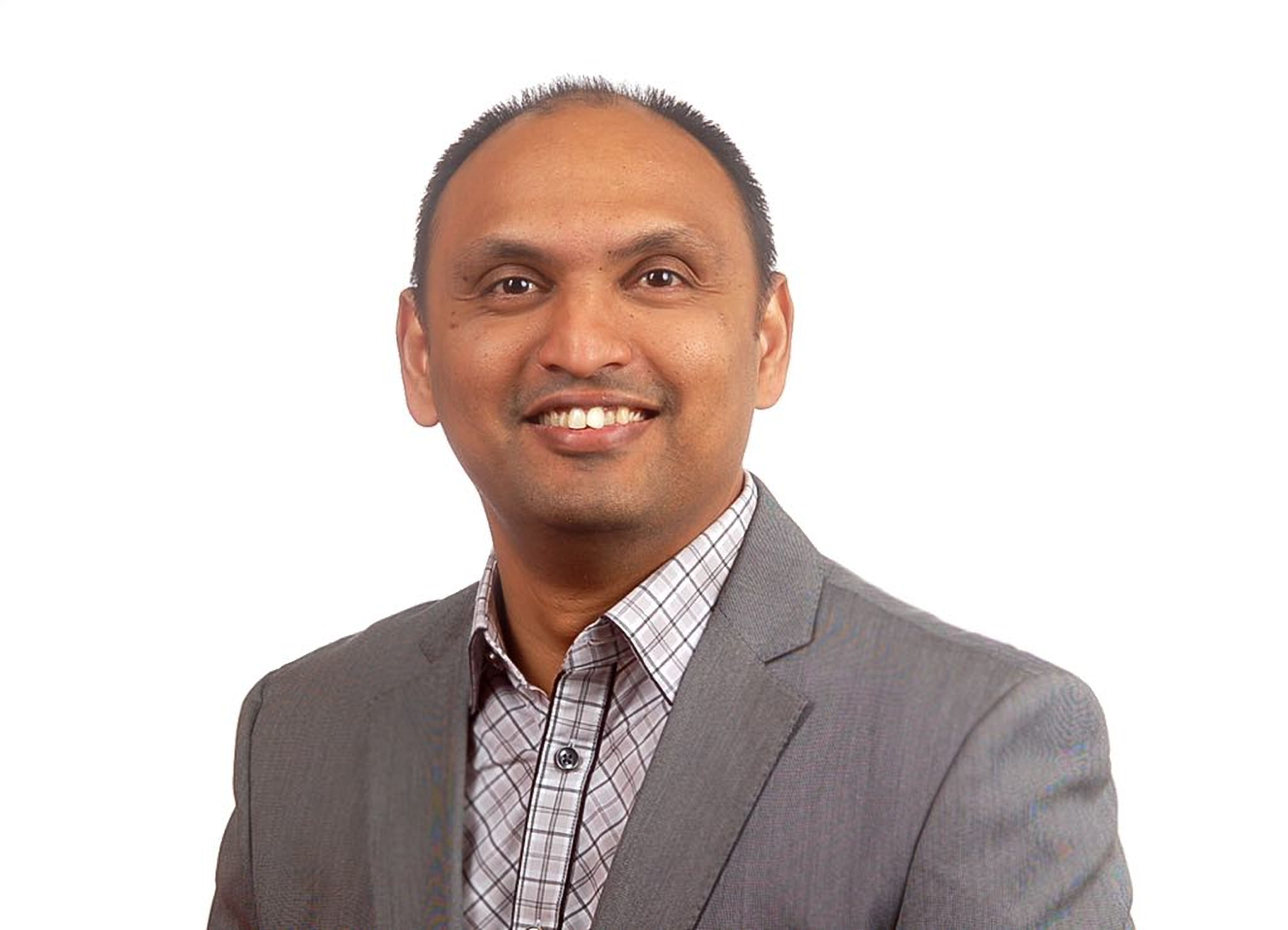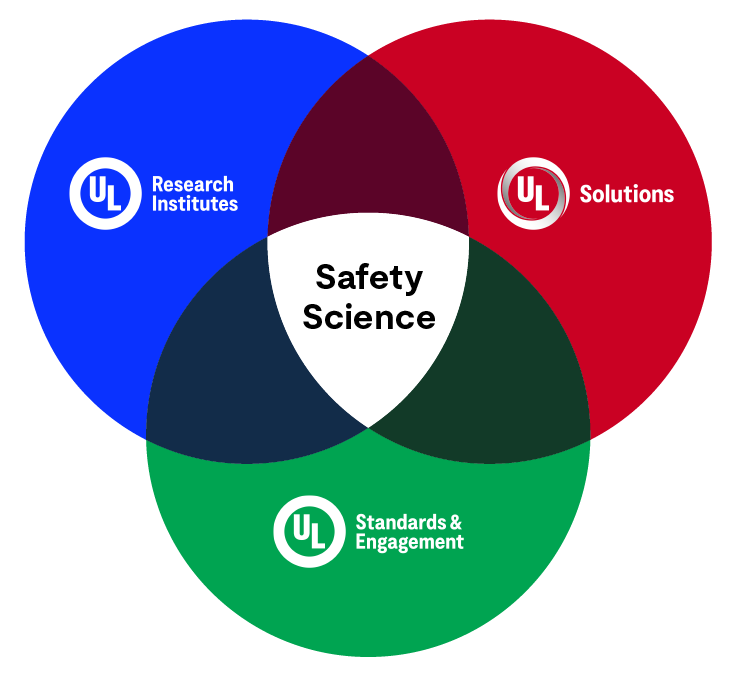Source: Energetica India
UL’s role in India’s growing renewable industry

“How do you see the progress in India’s renewable energy industry over the last 10 years?”
To understand the renewable industry in India, it needs to be broken down into three segments – wind energy, solar energy and grid infrastructure. In solar energy, India has come a long way to become one of the biggest growth markets and has held strong amidst challenges to grow year-on-year. The wind energy segment has seen tremendous growth too given that it has its origins longer than solar energy in the country. However, this segment has taken a slight hit because it competes directly with solar energy. Yet, one of the biggest advantages of wind is the larger rotors coming into play that help in reducing the amount of land used to execute the project when compared to solar. While favorable policies and conducive market conditions have helped the renewables sector through the last decade, the last couple of years have seen a modest slowdown in targets and tariffs due to the non-viable financial models and delayed execution of projects. Further, to achieve India’s growth targets of 175 GW, the green corridor transmission needs to keep pace with the growth of renewables.
“UL has recently issued the world’s first IEC CB 2016 certification. Could you please explain the significance of this certification?”
The new IEC standards – IEC 61215 and IEC 61730 – were revised in March 2016 to reflect the emerging requirements of the solar energy segment in the face of evolving technologies and dramatic variations in climatic and other environmental conditions around the world. The CB 2016 certification comes as the latest standards that are adopted globally. This latest edition of the standards differs from its predecessor in multiple ways, signaling changes in the test procedure, sequence, duration and methodology for evaluating structural safety and performance of solar modules manufactured with crystalline silicon and other thin-film technologies
For instance, the new standards call for an increase in cycle time from 15 to 120 days to account for the rising UV radiation in the atmosphere. IEC has also introduced a requirement that classifies PV (photo voltaic) modules as per their ability to perform at varying degrees for outdoor pollution to better assess panel damage. Finally, the criteria for visual inspection are more stringent in the 2016 revision; as are the requirements for functioning safely at higher voltages.
It is imperative that these standards are now adopted locally as part of aligning to the state-of-the-art technology in renewables. As one of the earliest organizations accredited by the IEC, we have been at the forefront of expanding our capabilities and expertise to service our customers to meet the changing requirements. India has a significant share of PV module manufacturers who cater to the global market and they can gain competitive advantage by partnering with us to obtain IEC certification to ensure wider market entry and faster time to market.
“How has UL been involved in the BIS certification programme? How does this certification compare to international certifications?”
We take pride in being one of the first laboratories to be recognized by the Bureau of Indian Standards (BIS) and empaneled by the Ministry of New and Renewable Energy (MNRE) for testing various components, such as PV modules, solar inverters, charge controllers and solar lighting systems.
Our laboratory is completely designed with the ‘lean’ concept and has a sophisticated fire protection system. Equipped with integrated data acquisition and archival systems, the facility also allows customers to witness all the scheduled testing live online. That said, while the BIS certification is a local regulatory requirement to access the Indian market, the IEC certification is essential to gain market access in countries including Latin America, Europe and Africa.
“What are the different niches within the energy segments are serviced by UL in India?”
We serve our customers covering the entire value chain, and focus across solar energy, wind energy, grid infrastructure, energy storage system (ESS) and asset management that covers the entire energy spectrum. Our services encompass several areas in project development from planning and engineering, construction and commissioning, to operations and maintenance and bank-ability. We are the global leaders in the M&A (merger and acquisition) space, and we do not focus on construction management and commodity business.
As solar and wind energy technologies become more prominent in the energy mix globally, we have developed an advanced suite of end-to-end services to address the safety, quality and performance issues of these technologies-. In the solar industry, we help manage risk by providing technical information and data for energy yield assessments (EYAs), technical due diligence, and measurements and third-party inspection.
We have an exciting array of services for the wind industry as well. We provide on-site technical support that deliver quick, reliable results and reduced time-to-market. We offer safety, performance and function testing services for the assessment of wind turbines and wind turbine components. We ensure that these services comply with regional, national and international regulations and standards, and meet the needs of insurers, developers and investors.
Considering the challenges in evaluating operational efficiency in wind, we provide measurement services and instrumentation solutions to assess the quality characteristics and grid compliance of wind turbines and wind farms, the acoustic noise emission of wind turbines, and the performance and mechanical loads of wind turbines and wind turbine components.
“What new opportunities do you see for UL with the focus on EV and energy storage in India?”
We are global leaders in the e-mobility market and accredited to test many electric vehicle (EV) standards in the major global markets. Our customers can leverage our decades of experience of evaluating the safety of equipment used with EVs, as well as our proven expertise and technical capabilities to test and evaluate new products.
Battery and energy storage systems have distinct public and product safety concerns. UL’s testing and certification services and expertise help manufacturers understand how their products will perform under anticipated usage and various hazardous scenarios – including abuse – during discharge and recharge cycles. We offer component testing, certification and surveillance services that verify the integrity of the entire supply chain and help facilitate seamless introduction of products into the global marketplace.
Decades of knowledge and experience allow us to help innovative companies across every stage of the product development process. As our world changes and our desire for technology grows, complex new energy-based products are constantly being created. Our ever-growing team of scientists, engineers and safety specialists work together with companies to help reduce the obstacles faced when bringing new products to the energy market.
For more information, write to Poornima.Chandrashekaraiah@ul.com

